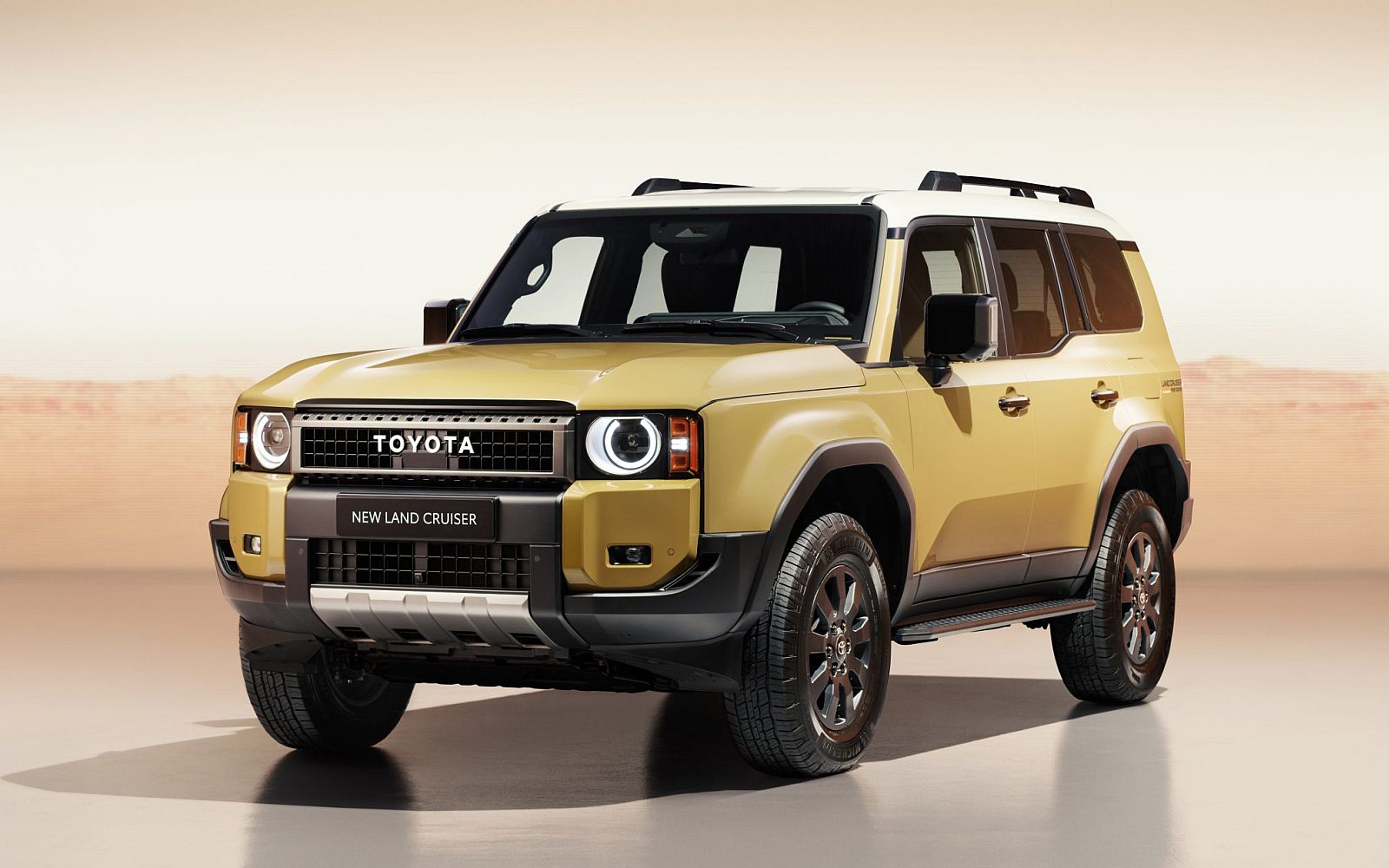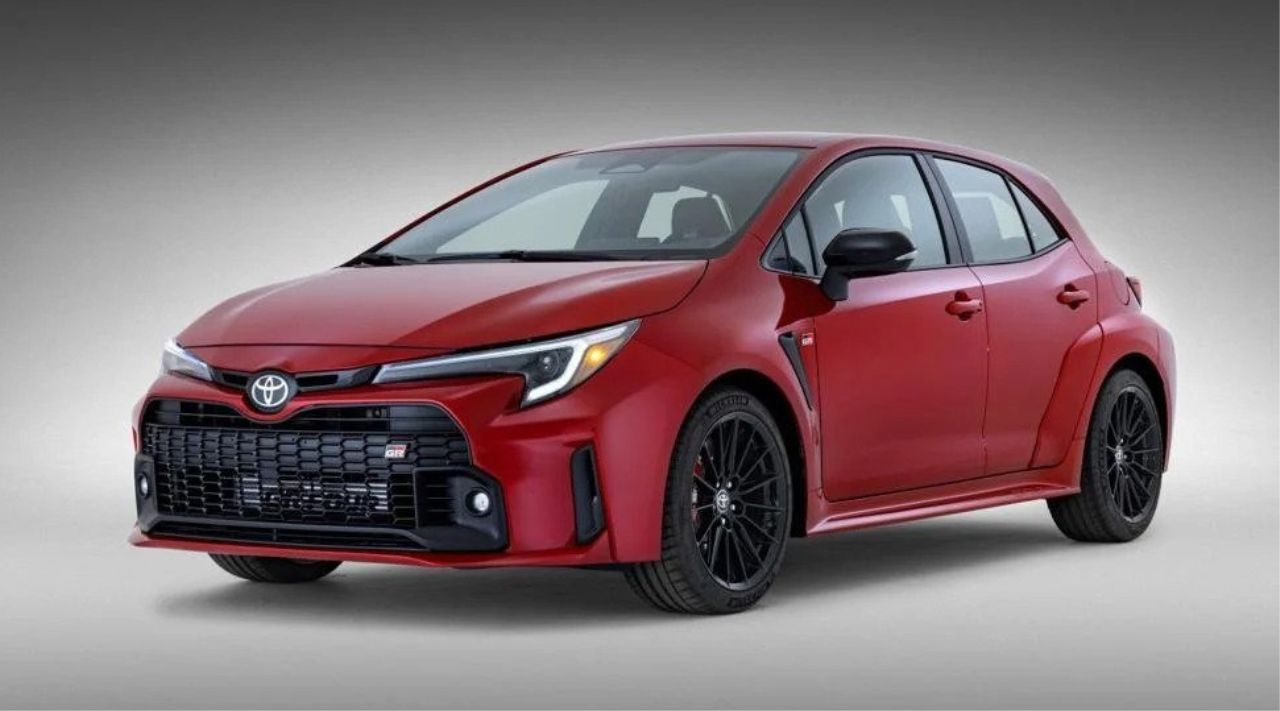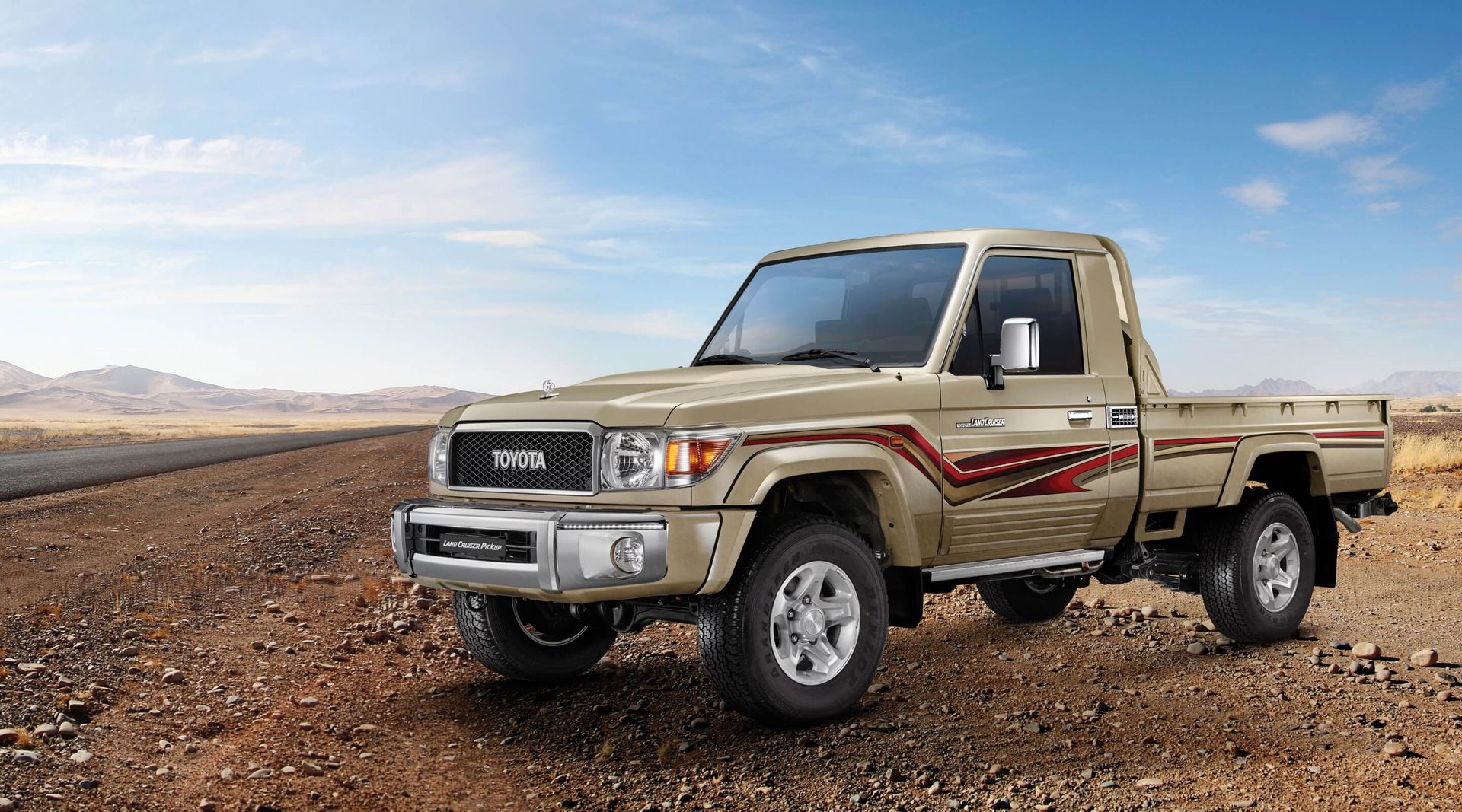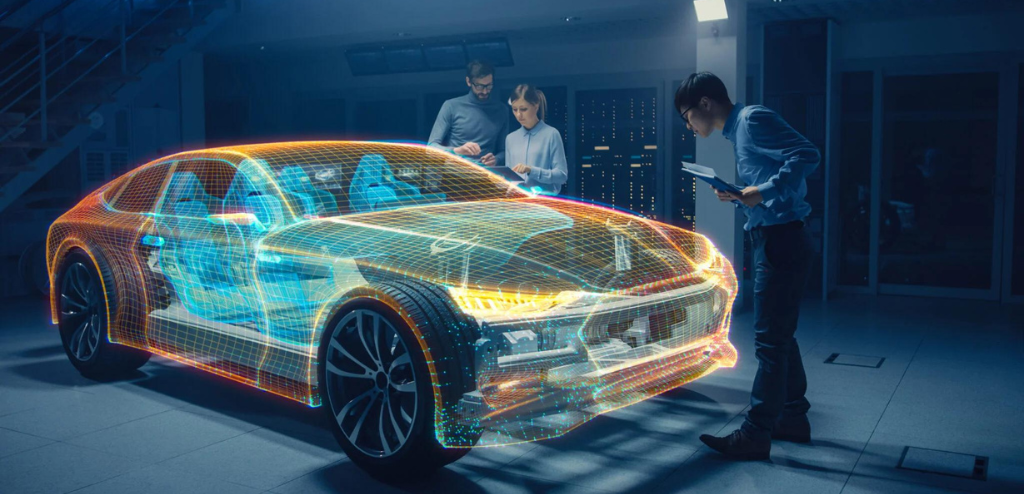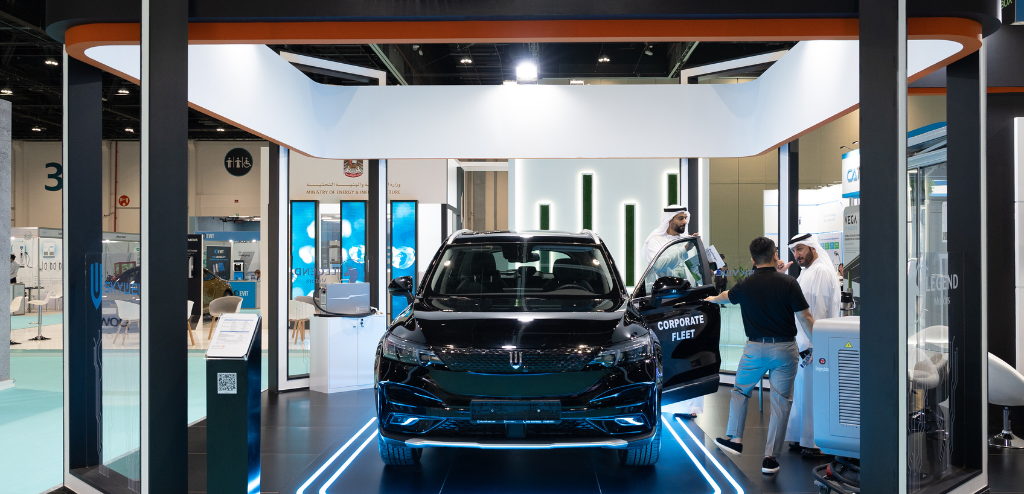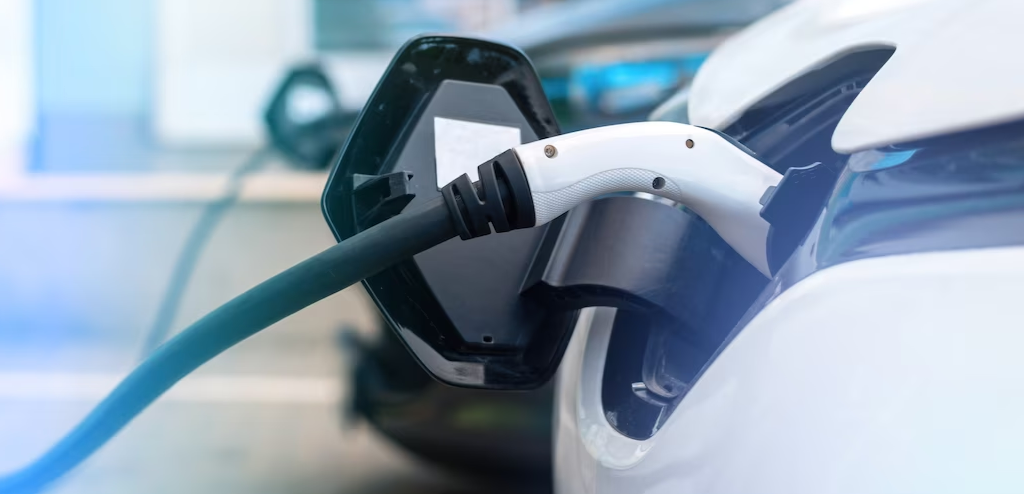
Short-term grid storage needs can be met by EV batteries by 2030.

The shift towards electric vehicles (EVs) is driving the move towards clean energy, but the advantages extend beyond transportation and lower emissions. Researchers forecast that by 2030, EV batteries can potentially be utilized globally for short-term electricity grid storage and could satisfy demand even if only a minority of individuals adopt EVs.
The findings of a study, conducted by a collaboration between the Leiden Institute of Environmental Sciences (CML) in the Netherlands and the National Renewable Energy Laboratory in the US, have led to this conclusion. The study was recently published in the journal Nature Communications.
Consider this scenario: you drive an electric vehicle (EV) and arrive home with an 80% battery charge remaining. You plug it in, allowing it to contribute to the grid's power supply during peak demand periods when others return home. Smart technology can monitor the car overnight to ensure it has sufficient power for your morning commute, and then recharge during the day while you're at work.
EV batteries can be charged when there is abundant wind and sun energy, and then discharged during low-demand periods to generate power from solar and wind renewables. There is already interest in exploring how certain EV models, such as the Ford F-150 Lightning, can be used for home power (especially during power outages and emergencies).
The research team behind the study, led by Chengjian Xu of CML and Delft University, evaluated the projected growth of the EV market and power demand, driving patterns in various global regions including China, India, the EU, the US, and other countries. They also considered the impact of climate on battery life and degradation in their conclusions
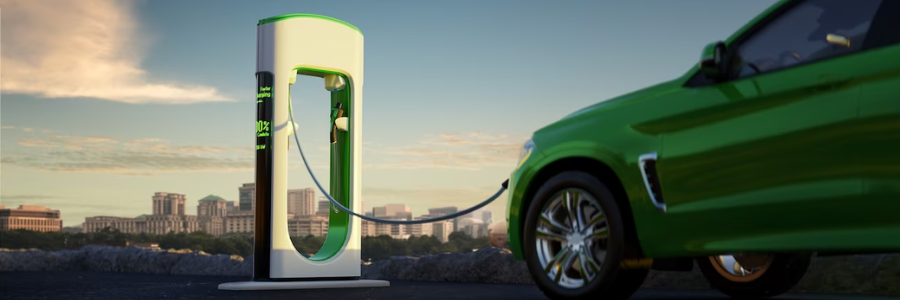
Additionally, the study examines the potential for deploying EV batteries that have lost the capacity for power storage. Bernhard Steubing from CML explains that even when the capacity drops to 70-80% and the battery can no longer be used for driving, it can still be utilized for power storage and distribution within the grid.
The International Energy Agency (IEA) states that "utilizing retired EV batteries could create substantial value and support the grid-scale energy storage market." However, the IEA also acknowledges challenges such as the technology needed to ready the batteries for grid storage and regulations to guarantee their safe and efficient use.
The researchers from Leiden discovered that even with low participation rates, the potential of fully satisfying short-term power storage requirements can be achieved by 2030 through the utilization of both in-service and second-life electric vehicle batteries. The amount of participation required varies from country to country, ranging from 12% to 43%.
According to Paul Behrens, a co-author of the study, there will be a significant rise in the electric vehicle population in the near future, offering great potential for energy storage to enhance clean grid technologies. He warns that if these batteries are not utilized, more stationary batteries will have to be built, increasing the dependency on fragile supply chains and consuming more resources.
Legend Motors is a prominent distributor of electric vehicles, including top brands like Tesla, Skywell, Changan, Volkswagen, Hiphi, and more. As the exclusive dealer of Skywell EVs in the UAE, they offer a range of high-quality electric vehicles and exceptional after-sales support. Legend Motors exports EVs worldwide and provides sales support in over 18 languages. Their knowledgeable sales team is committed to helping customers find the perfect EV to meet their needs.
Legend Motors: Exclusive Dealer of the sky well in UAE


